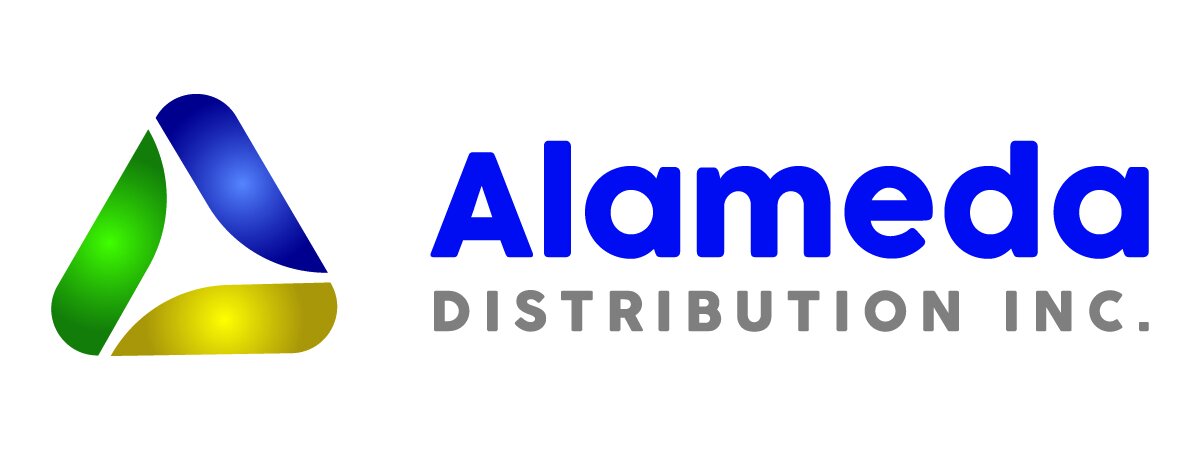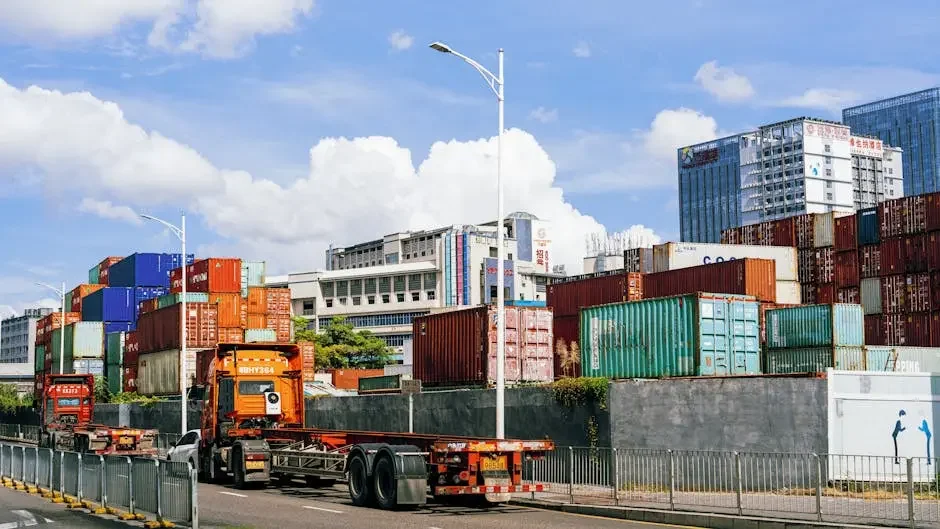10 Must-Know Tips for Choosing the Right Drayage Company in Los Angeles
Navigating the bustling logistics scene in Los Angeles can be daunting, especially when it comes to selecting the right drayage company. With so many options, making the best choice for your freight needs is crucial. This guide will provide you with essential tips to help you find the perfect match for your business.
1. Understanding Drayage and Its Importance
Before diving into the selection process, it’s essential to understand what drayage entails and why it’s a vital component of the supply chain, especially in a major hub like Los Angeles. Drayage refers to the transport of goods over a short distance, typically within the same urban area, and it often acts as the bridge between longer hauls and the final delivery points. This role becomes particularly crucial in cities like Los Angeles, where the port serves as a major point of entry for imports. As such, efficient drayage ensures that goods flow smoothly from the port to distribution centers, reducing bottlenecks and streamlining operations.
Los Angeles, being home to one of the busiest ports in the world, inherently makes drayage a key logistical function. The city’s complex infrastructure requires a nuanced understanding of not just local routes but also traffic patterns and regulatory compliance. Consequently, drayage companies in Los Angeles must be well-equipped to manage these challenges, which can directly impact a business's bottom line by affecting delivery times and cost efficiency. Therefore, selecting a capable drayage partner can equate to substantial savings and enhanced operational efficiency.
2. Assessing Company Reputation
A company's reputation speaks volumes about its reliability and quality of service. Here’s how you can evaluate the reputation of potential drayage companies. Start by checking online reviews and ratings on platforms like Google and Yelp. Look for patterns in the feedback, particularly those regarding on-time performance, customer service, and problem resolution. Engaging with business peers who utilize similar services can provide direct insights into a company's performance history.
Reputation not only hinges on customer satisfaction but also on industry standards. Many reputable drayage companies in Los Angeles are members of professional organizations that promote best practices and accountability. Membership is often a good indication of a company's commitment to sustaining quality standards. However, be cautious of ratings and memberships that do not provide specifics about performance metrics.
3. Evaluating Industry Experience
Experience can be a fine indicator of expertise. We discuss why it's important to choose a company with a proven track record in the drayage industry. Veterans of the industry are typically more adept at navigating the common pitfalls of urban logistics, have established relationships with port authorities and distribution centers, and possess an institutional knowledge that can streamline operations. An experienced company can anticipate potential issues and proactively address them, thus minimizing disruptions.
4. Considering Service Flexibility
In the fast-paced world of logistics, flexibility is key. Learn why it’s beneficial to choose a company that offers adaptable solutions. With the constant flux in cargo demands, a drayage provider that offers scalable solutions will help you adapt to changes efficiently. This includes having a diverse fleet capable of handling varying shipment sizes and in-built systems to manage last-minute schedule shifts.
Service flexibility also extends to operational hours and geographic reach. Look for companies that offer extended or 24-hour operations, especially those capable of managing fluctuations during peak periods without comprising service quality. Their strategic location and adaptability can greatly influence the efficiency of your supply chain management.
5. Reviewing Fleet Capabilities
The type and condition of the vehicles used can affect service quality. Here’s what to look for when assessing a company's fleet. A well-maintained and modern fleet not only ensures reliability and punctuality but also aligns with environmentally conscious transport initiatives by reducing emissions. Ask potential providers about their upkeep schedules, vehicle types, and any initiatives they might have towards green logistics.
6. Analyzing Pricing Structures
Transparent and fair pricing is crucial. Discover strategies to understand and compare pricing among Los Angeles drayage companies. Look beyond the base price; consider factors like fuel surcharges, congestion fees, and any additional costs related to handling or specialized services. It's essential to request detailed quotes that encapsulate the entire service scope to avoid unpredictable expenses.
Understanding how a company calculates its rates can provide valuable insights into their efficiency and cost management approaches. Some companies offer cost-saving packages for longer-term contracts or bulk services, which could be beneficial depending on your logistical needs. Engaging in price comparisons, while also considering service quality, will ensure that you select a provider offering the best value.
7. Investigating Technological Integration
Technology plays a significant role in logistics today. Find out why technological capabilities should be a deciding factor in your choice. An advanced technological infrastructure typically indicates a company’s commitment to efficiency and transparency. Consider providers who offer sophisticated tracking systems for real-time updates, automated scheduling, and integrated platforms for ease of communication.
8. Checking Compliance with Regulations
Compliance ensures smooth operations without legal hindrances. Learn about the importance of regulatory adherence in selecting a drayage company. Companies must comply with local, state, and federal regulations, including those related to vehicle standards, emissions, and labor laws. A provider that excels in compliance minimizes the risk of disruptions due to legal or administrative setbacks. Hence, verify their certifications and audit records as part of your evaluation.
9. Evaluating Customer Service
Good customer service can facilitate an efficient and stress-free logistics experience. This section highlights what great customer service looks like. It should be characterized by prompt communication, especially in the case of delays or changes in plans. A dedicated account manager can serve as a personalized point of contact, improving issue resolution speed and accountability. Additionally, post-service follow-ups and feedback solicitations reflect a company’s commitment to continuous improvement.
10. Seeking Client Testimonials and References
Lastly, gaining insights from existing clients can offer invaluable perspectives. Here’s how to effectively use testimonials and references in your decision-making. Don’t just rely on the testimonials displayed on their website; instead, dig deeper by asking the company for references you can contact directly. Pose questions about punctuality, communication, and the overall satisfaction level to better gauge their service quality. Also, reviews from independent third-party sites can provide unfiltered feedback about customer experiences.

